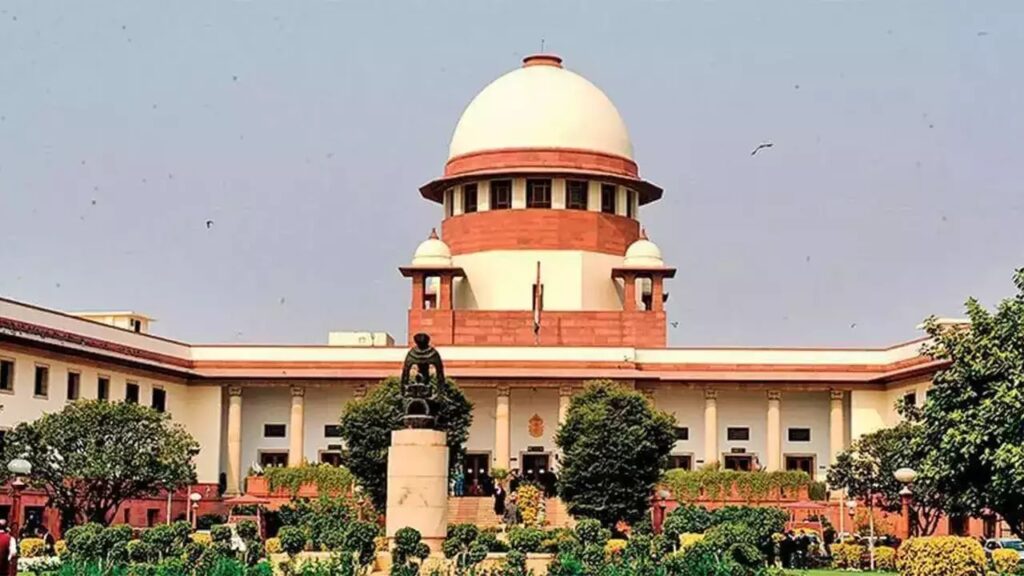The Union government has raised concerns before the Supreme Court about the “far-reaching socio-legal implications” of criminalising marital rape. In an affidavit, the Centre urged the court to consider a comprehensive approach that transcends a purely legal perspective.
The affidavit was filed in response to multiple petitions questioning the constitutionality of the marital rape exception under Indian law, which currently exempts husbands from prosecution for rape if their wives are adults. This provision, rooted in Section 375 of the Indian Penal Code (IPC), was also included in the recently enacted Bharatiya Nyaya Sanhita (BNS).
The Centre emphasized that the issue of marital rape is not merely a constitutional matter but a complex social issue. “Judicial review on such subjects should recognize that the present question encompasses social dimensions on which Parliament has already taken a position,” the affidavit stated. The government pointed out that during the 2013 IPC amendments, Parliament carefully considered this issue and chose to retain the marital rape exception.

The affidavit warned that criminalising marital rape could disrupt conjugal relationships and destabilise marriages. It also expressed concern about potential misuse of amended provisions, given the evolving nature of social and family structures. “In today’s rapidly changing social landscape, proving consent could become challenging, leading to possible misuse of the law,” the affidavit added.
One of the petitions before the Supreme Court follows a split verdict from the Delhi High Court in May 2022, where judges disagreed on the constitutionality of the marital rape exception. Justice Rajiv Shakdher deemed the exception unconstitutional, arguing that it was time for the court to heed the “call for justice” from married women experiencing sexual violence. Conversely, Justice C. Hari Shankar upheld the exception’s validity, citing “intelligible differentia” as a basis for legal distinction.
Another petition involves a man contesting a Karnataka High Court ruling that allowed his prosecution for allegedly raping his wife. In March 2022, the Karnataka High Court ruled that the marital rape exemption contradicted Article 14 of the Constitution, which ensures equality before the law.
As the Supreme Court deliberates these significant issues, the Centre’s stance highlights the intricate balance between legal reform and the preservation of social structures in India.



